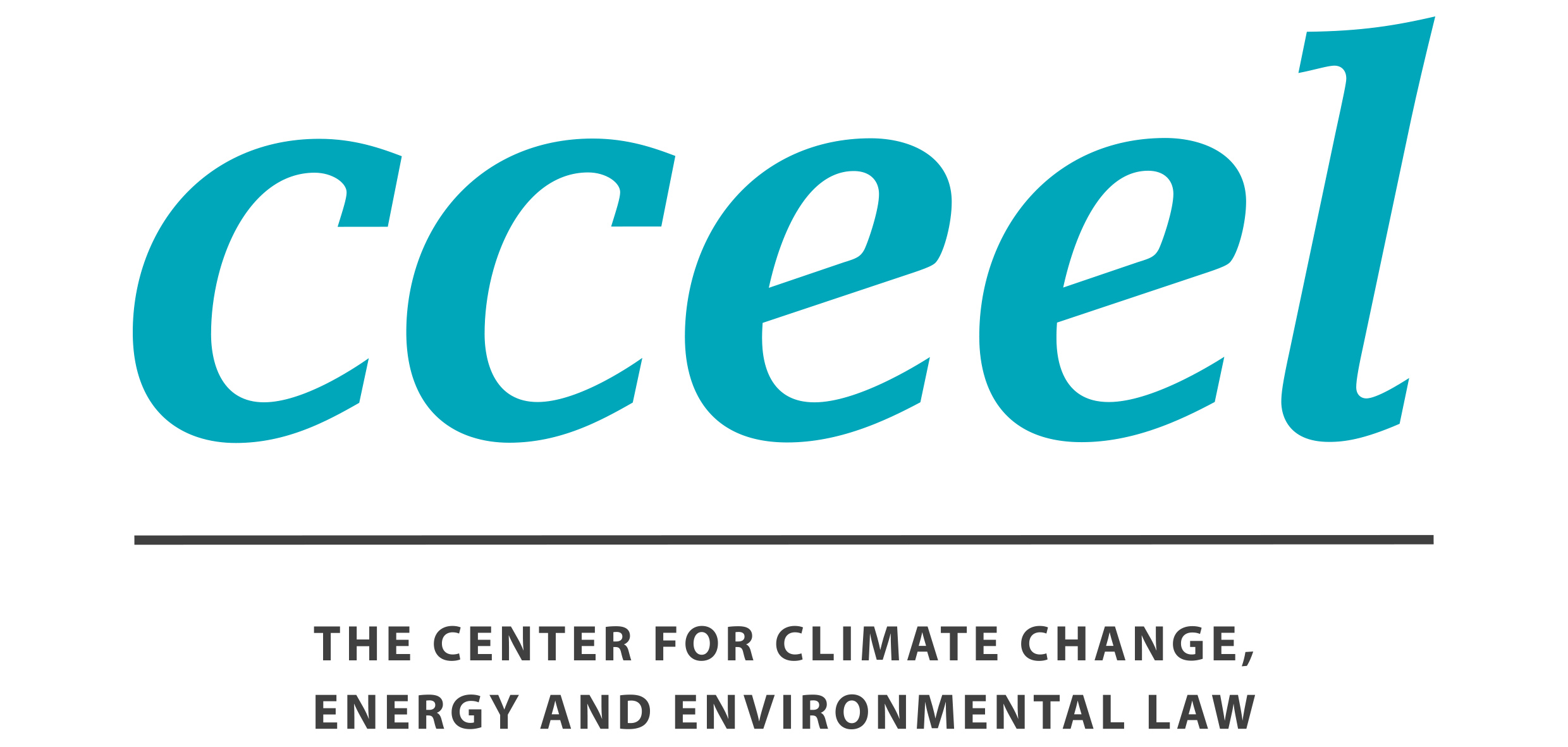Signs of Crystallization in Climate Law: Recent Judicial and Institutional Developments
By Reza Maddahi, Doctoral Researcher The End of Constructive Ambiguity For much of the past three decades, international climate law operated under a form of constructive ambiguity, with treaty language calibrated to maintain broad participation even at the cost of precision and enforceability. Between 2023 and 2025, however, this dynamic began to shift. A series […]
Just transition advances at COP30, but concrete measures are still pending
by Vilja Johansson, Doctoral Researcher This blog post was first published on 2035Legitimacy (27 November 2025). The decision at COP30 to develop a new just transition mechanism is hailed as a historical climate justice decision, while others warn of the lack of concrete commitments and measures. What would a just transition mechanism entail, and how […]
Shaping the EU’s 2040 Climate Target: Reforming the European Climate Law’s Procedural Climate Governance
By Kati Kulovesi, Professor of International Law at the University of Eastern Finland and Co-Director of CCEEL, and Sebastian Oberthür, Professor of Environmental Policy and Law at the University of Eastern Finland, CCEEL, and Professor of Environment and Sustainable Development at the Vrije Universiteit Brussel. This blog post was first published on Verfassungsblog (24 November […]
Environmental democracy under pressure: The EU and the Aarhus Convention ahead OF MOP-8
by Nicola Sharman, Doctoral Researcher As Europe confronts political divides and challenges over environmental policy, the Aarhus Convention’s promise of environmental democracy faces one of its most significant tests yet. Adopted in 1998, the Aarhus Convention guarantees the three procedural rights of access to information, public participation and access to justice in relation to environmental […]
Omnibus Simplification Package – The European Commission’s change of heart on corporate sustainability
by Saga Eriksson, Doctoral Researcher In February 2025 the European Commission introduced the Omnibus Simplification Package aimed at making changes to key sustainability reporting provisions outlined in the Corporate Sustainability Reporting Directive (CSRD), the Corporate Sustainability Due Diligence Directive (CSDDD) and the Taxonomy Regulation. The main aim of the Package is to reduce the scope […]
Climate Justice at the ICJ: Human Rights Implications of the Advisory Opinion
By Margaretha Wewerinke-Singh, Annalisa Savaresi, Claudia Ituarte-Lima and Corina Heri This blog post was first published on GNHRE (30 August 2025). The International Court of Justice’s landmark Advisory Opinion on the Obligations of States with Respect to Climate Change delivered on 23 July 2025 has unequivocally placed human rights at the centre of the applicable law on climate change. With it, the International Court […]
Climate tipping points and international climate law: Is law equipped for the challenge?
By Vivien Reh, Doctoral Researcher at the University of Eastern Finland Finland, among many other countries in Europe and around the world, has seen a record-breaking heat wave for much of July 2025, surpassing previous records and feeding into a growing global acceptance that the occurrence of extreme weather events seems to have become the […]
The ICJ Advisory Opinion on Climate Change: A Business and Human Rights Perspective
by Annalisa Savaresi, Professor of International Environmental Law at University of Eastern Finland and Marisa McVey, Lecturer in Law at Queen’s University Belfast This blog post was first published on Opinio Juris (4 August 2025). State obligations in relation to climate change have come under increasing scrutiny by international courts in recent years. In July 2025, it […]
Litigating for the future: Global climate litigation representing future generations
by Nina Koistinen, Doctoral Researcher “[T]he lack of a historical and legal tradition protecting the environment for future generations almost certainly led us to the position we are in now”. These were the words of the Washington State Court of Appeal in Aji P v Washington, a lawsuit brought by children and youth challenging the […]
The EU’s Dilemma on International Carbon Credits
by Kateryna Holzer, Senior Researcher This blogpost is based on research under the project ‘Voluntary carbon offsetting in (climate) action: Perception coalitions, representations, and regulation (OFFCORR)’, funded by the Research Council of Finland (grant 355944). Opinions expressed are however those of the author only. With the adoption of additional decisions on registries and standards for […]
